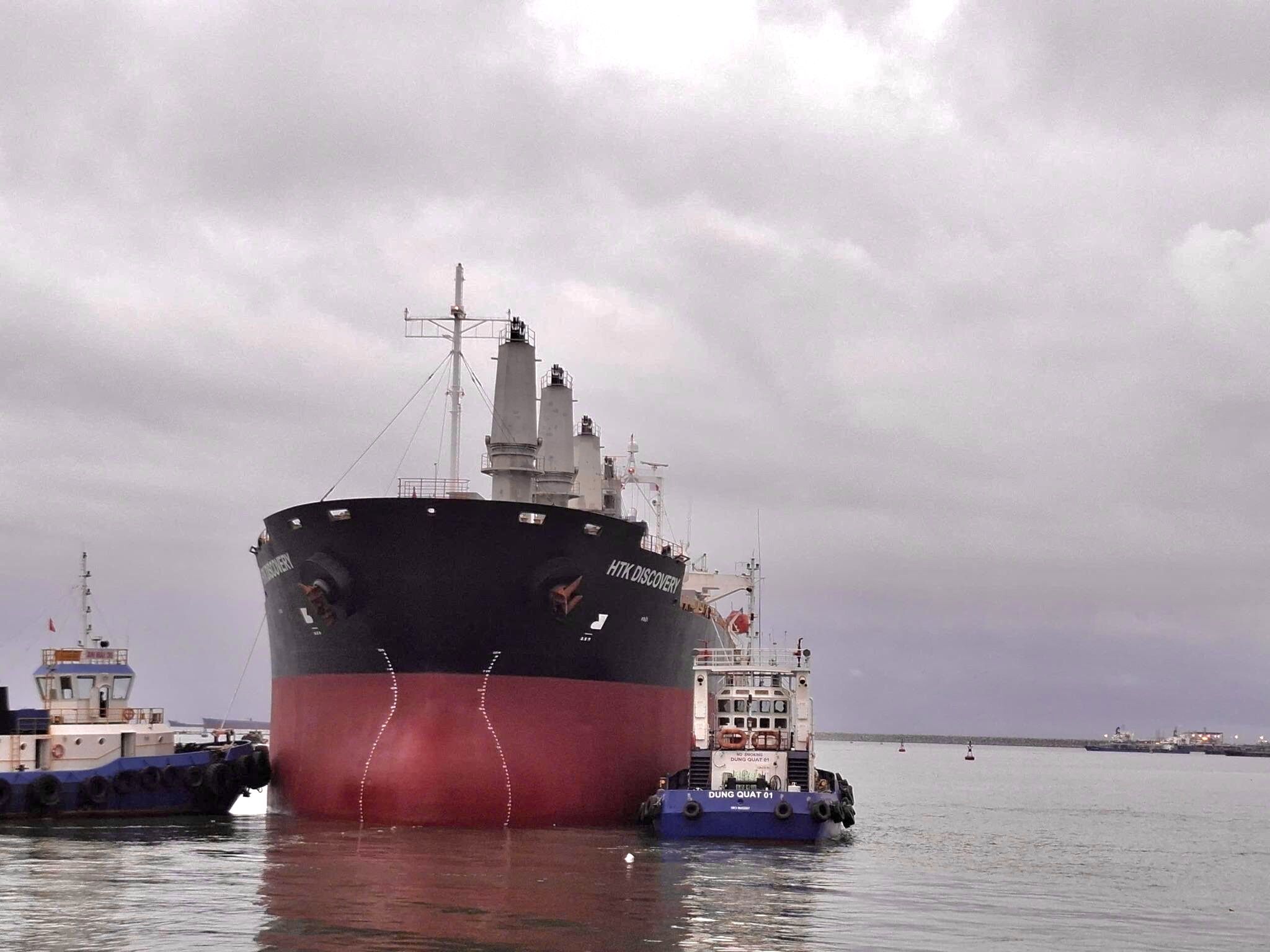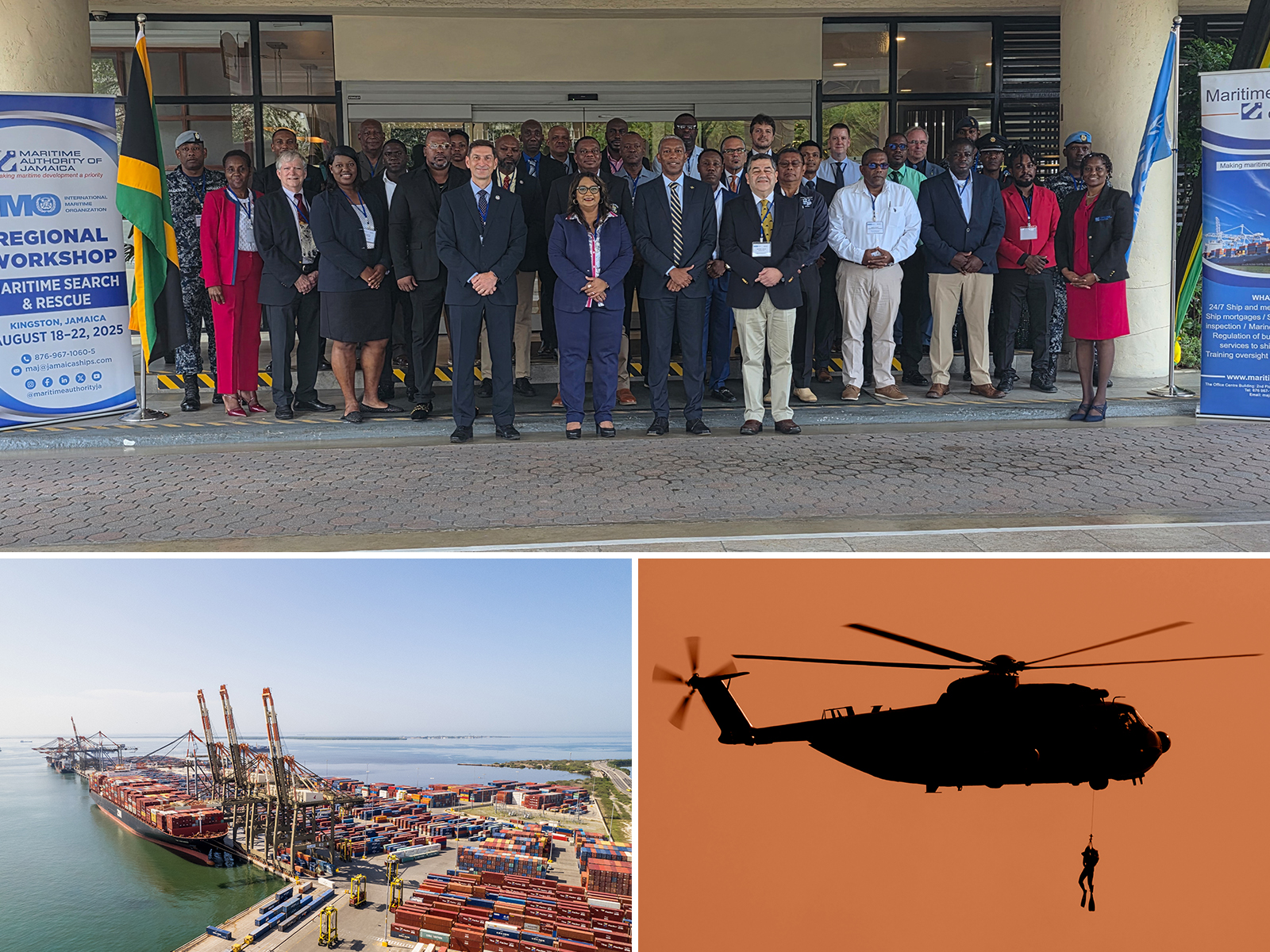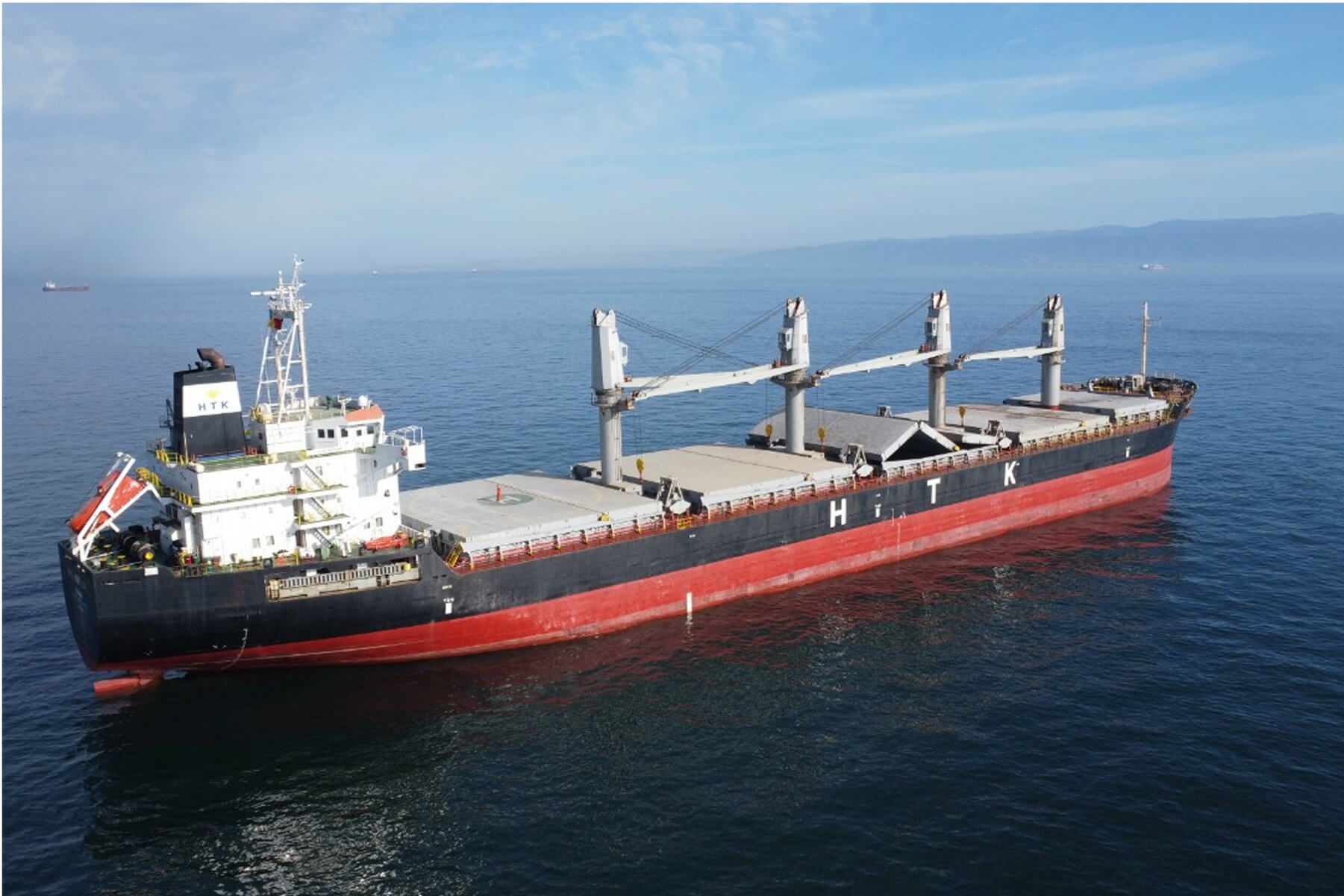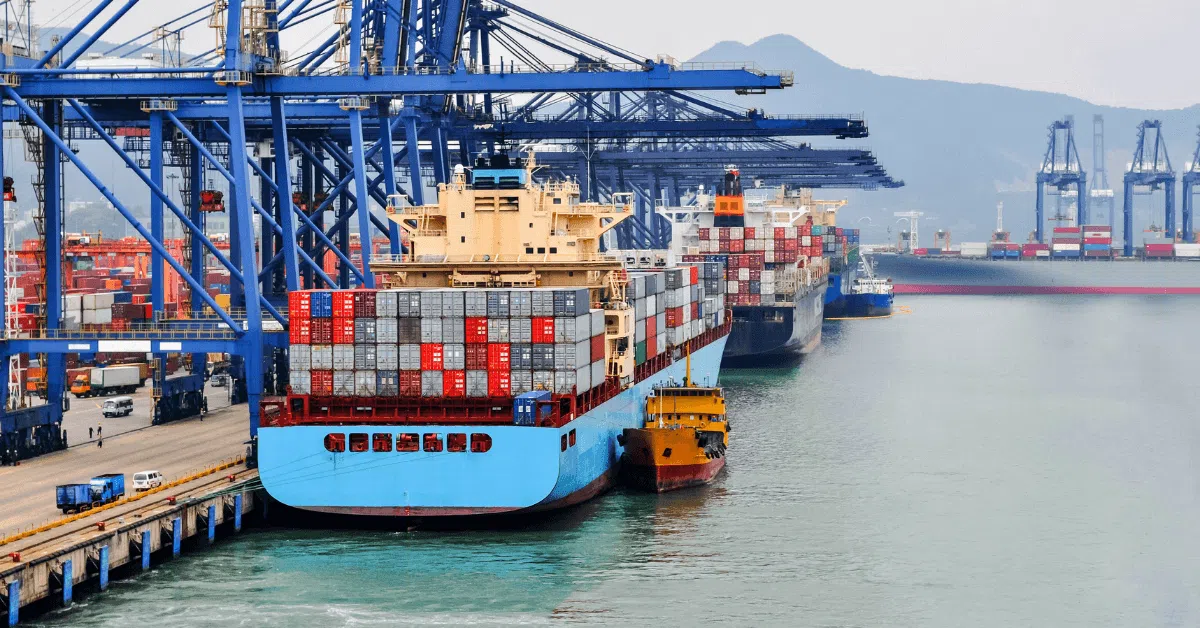85% of the Market Overlooked: A Golden Opportunity for Businesses in the Maritime Industry
Many Believe the Global Shipping Industry Is Dominated by a Handful of Giants – But That’s Only Part of the Picture
This perception may hold true in the standardized container shipping segment, but it doesn’t fully reflect the broader landscape of the global maritime industry.
Common Misconception: Big Players Always Reign Supreme!?
In container shipping, the top 10 companies control around 85% of global capacity. However, beyond this segment, the rest of the maritime industry is highly fragmented, diverse, and primarily operated by micro, small, and medium-sized enterprises (MSMEs). Since there is no industry-wide standard definition of MSMEs in shipping, we can use the following general criteria:
- Fleet size under 50 vessels
- Operations focused on local or regional markets
- Provide specialized services (rather than global shipping chains)
- Lean, flexible organization—often family-run or privately owned
This is a crucial insight for tech startup founders, investors, and logistics professionals who aim to drive innovation in the sector.
In Particular: The Dry Bulk Shipping Industry
The dry bulk segment—which transports commodities like coal, grain, and ore—is even more fragmented. The top 10 dry bulk carriers account for less than 15% of the global dry bulk fleet.
Some examples:
- Oldendorff Carriers GmbH & Co. KG – 700 vessels
- Pacific Basin Shipping Limited – 266 vessels
- Ultrabulk A/S – 190 vessels
- (Others include: Star Bulk, Western Bulk, Navios, Fednav, etc.)
In total, these top 10 companies own around 1,911 vessels, compared to tens of thousands of dry bulk ships currently in operation.
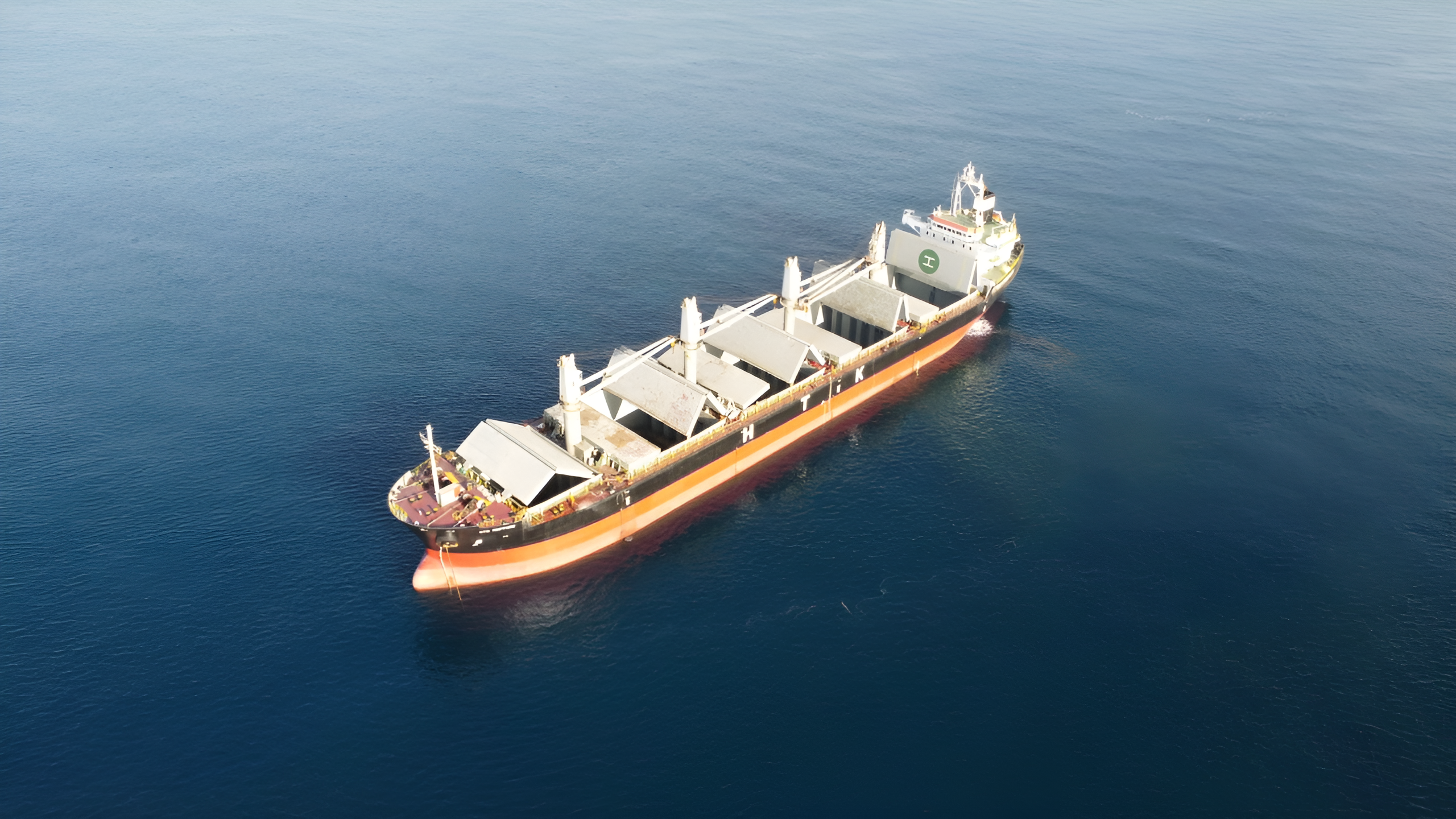
Ship Management: Even More Fragmented
In the ship management sector, the top 10 companies—such as:
- Anglo-Eastern (1,070 ships)
- V.Group (923 ships)
- OSM Thome (868 ships)
- Synergy Marine Group (663 ships)
- Fleet Management Ltd (660 ships)
… collectively manage just over 6,000 vessels. With around 50,000 commercial ships active globally, these top players only cover about 12% of the market—the rest are managed by thousands of small enterprises, many overseeing just 5–10 ships.
Ship Agency: MSMEs Are the Backbone
Port call data further illustrates this fragmentation. While major groups like:
- Wilhelmsen Group (75,000–100,000 annual port calls)
- Inchcape Shipping Services (70,000–90,000)
- GAC Group (60,000–80,000)
- S5 Agency World (40,000–50,000)
…handle significant volumes, the global industry sees around 3–5 million ship calls annually, meaning over 85% are serviced by local agents and MSMEs.
Opportunity for Maritime Innovation
Unlike the standardized container segment, areas like dry bulk, liquid cargo, and marine support services are highly specialized. Each segment requires distinct systems, localized expertise, and tailored processes. This presents both challenges and opportunities for adaptive technologies that deliver real value.
For tech entrepreneurs and investors, understanding the fragmented structure of the maritime industry is key to building practical, scalable, and impactful solutions.
Data sources: UNCTAD, ShipFinex, MarineInsight
Created by: Mr. Chye Poh Chua – CEO @ ShipsFocus Ventures
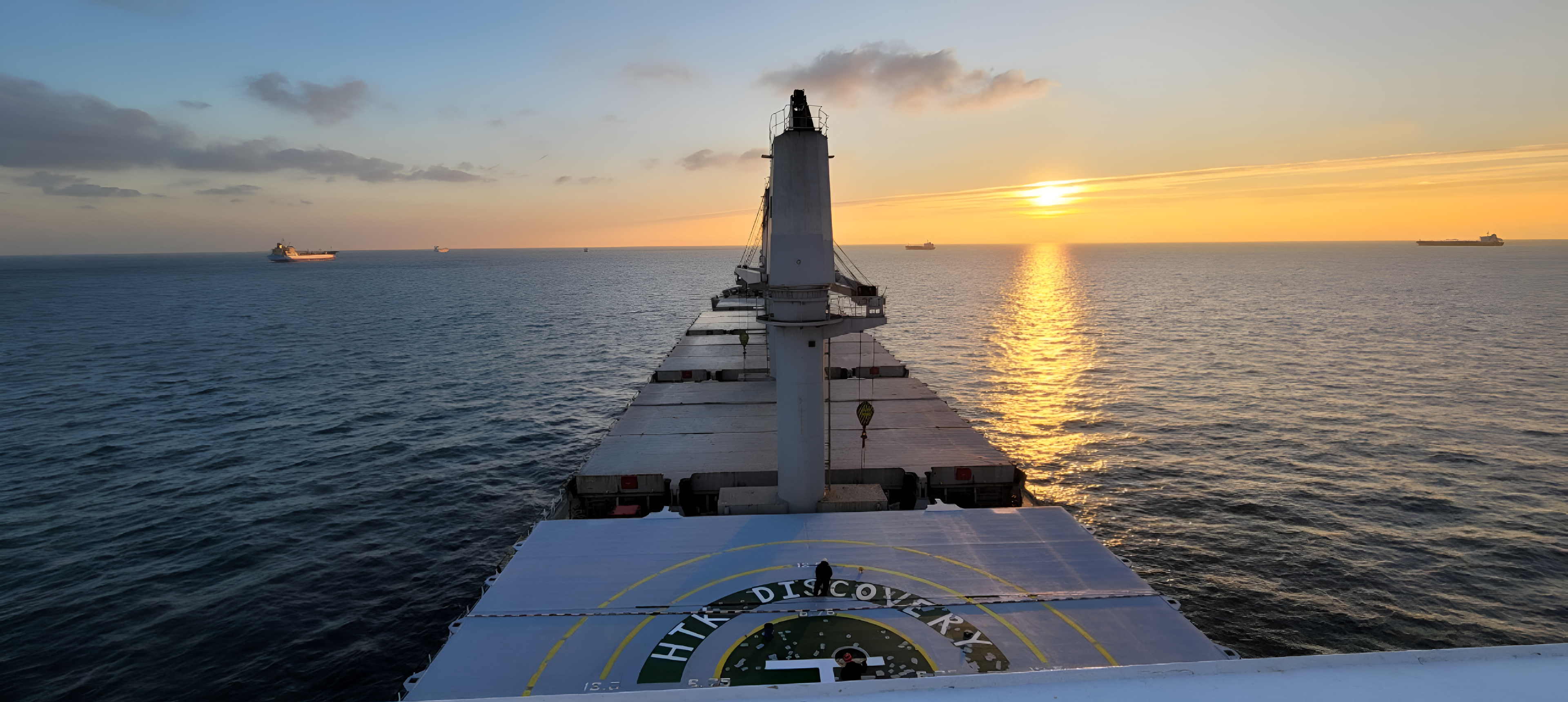
Looking for a Trusted Partner in the Maritime Industry?
With deep experience in both the Vietnamese and international markets, HTK is proud to be your reliable partner for:
- Dry bulk shipping
- Ship management
- Marine support services
📩 Contact our Operations Department today for a tailored consultation!
Editor: Ngọc Khánh
